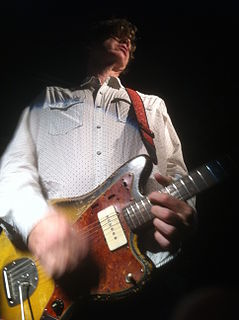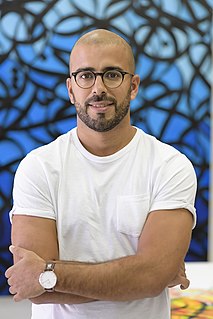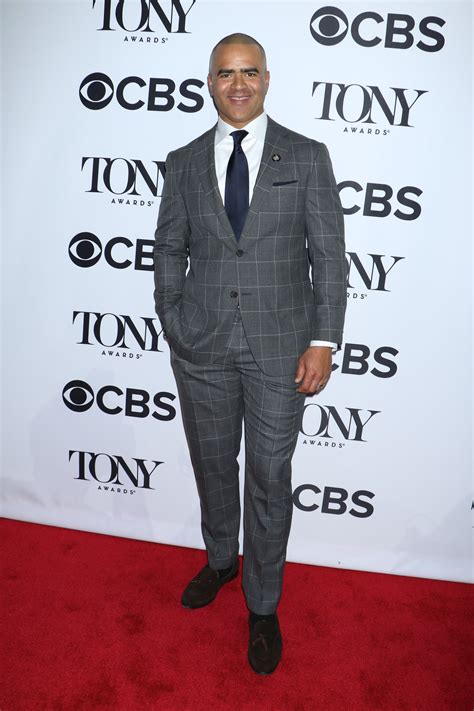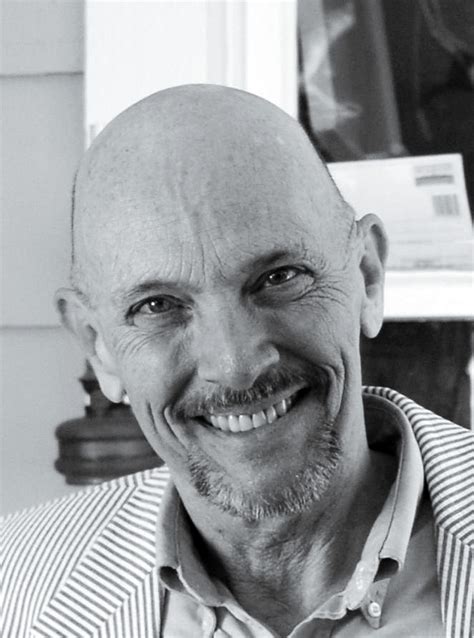A Quote by Desmond Tutu
People want much the same things, but they have been formed by history to have a particular perception of the other.
Quote Topics
Related Quotes
Like every man who appears at an epoch which is historical and rendered famous by his works, Jesus Christ has a history, a history which the church and the world possess, and which, surrounded by countless memorials, has at least the same authenticity as any other history formed in the same countries, amidst the same peoples and in the same times. As, then, if I would study the lives of Brutus and Cassius, I should calmly open Plutarch, I open the Gospel to study Jesus Christ, and I do so with the same composure.
For my part, when I enter most intimately into what I call myself, I always stumble on some particular perception or other, of heat or cold, light or shade, love or hatred, pain or pleasure. I never can catch myself at any time without a perception, and never can observe anything but the perception.
History is not everything, but it is a starting point. History is a clock that people use to tell there political and cultural time of day. It is also a compass that people use to find themselves on the map of human geography. History tells a people where they have been and what they have been, where they are and what they are. Most important, history tells a people where they still must go, what they still must be. The relationship of history to the people is the same as the relationship of a mother to her child.
Everywhere I've been, from South Africa to Brazil, people are connected to it. For me, art is a way to bring people together. You can put people on the same level, the perception is the same. You can bring a worker, like a cleaning guy, or the richest guy on earth, and they will have the same feeling or they would be able to feel the same.
There's a perception that if an artist produces another artist, they're going to imprint on them. But I'm the opposite. I want to hear that artist; I don't want to hear me - that's the last thing I want to hear. There are a lot of technical studio things I've learned or figured out, and I feel like I could use those things to help other people with what they're doing.
The terrorists, they have the wrong perception. They believe that the other group is trying to destroy them as a religion, as a civilization. So they want to abolish us, to kill us before we can kill them. And the antiterrorist may think very much the same way - that these are terrorists and they are trying to eliminate us, so we have to eliminate them first. Both sides are motivated by fear, by anger, and by wrong perception.
I can see why many Southerners, black ones in particular, don't like the implication that Southernness and the Confederate heritage are one and the same, because they're not. On the other hand, there are people who want to extirpate that completely and want folks to spit on the graves of their ancestors.
I always think about the books I'm doing in pretty much the same way. I'm simply trying to write that particular novel as well as that particular novel can be written. I want to listen to what it is telling me, trying to figure out what it wants to do as much as what I want to do with it. There's a negotiation that's constant and ongoing between me and the material I'm working with, because I'm trying to listen to it.
Perception without the word, which is without thought, is one of the strangest phenomena. Then the perception is much more acute, not only with the brain, but also with all the senses. Such perception is not the fragmentary perception of the intellect nor the affair of the emotions. It can be called a total perception, and it is part of meditation.
I've always been interested in history, but they never taught Negro history in the public schools...I don't see how a history of the United States can be written honestly without including the Negro. I didn't [paint] just as a historical thing, but because I believe these things tie up with the Negro today. We don't have a physical slavery, but an economic slavery. If these people, who were so much worse off than the people today, could conquer their slavery, we can certainly do the same thing....I am not a politician. I'm an artist, just trying to do my part to bring this thing about.
People want the nation to transform in the same way they want their own lives to transform. If you're interested in transforming your life, you can't just transform some things. You can't try to fix some things, but sweep other things under the rug because it's too hard to face them. And the same is true for a nation.








































